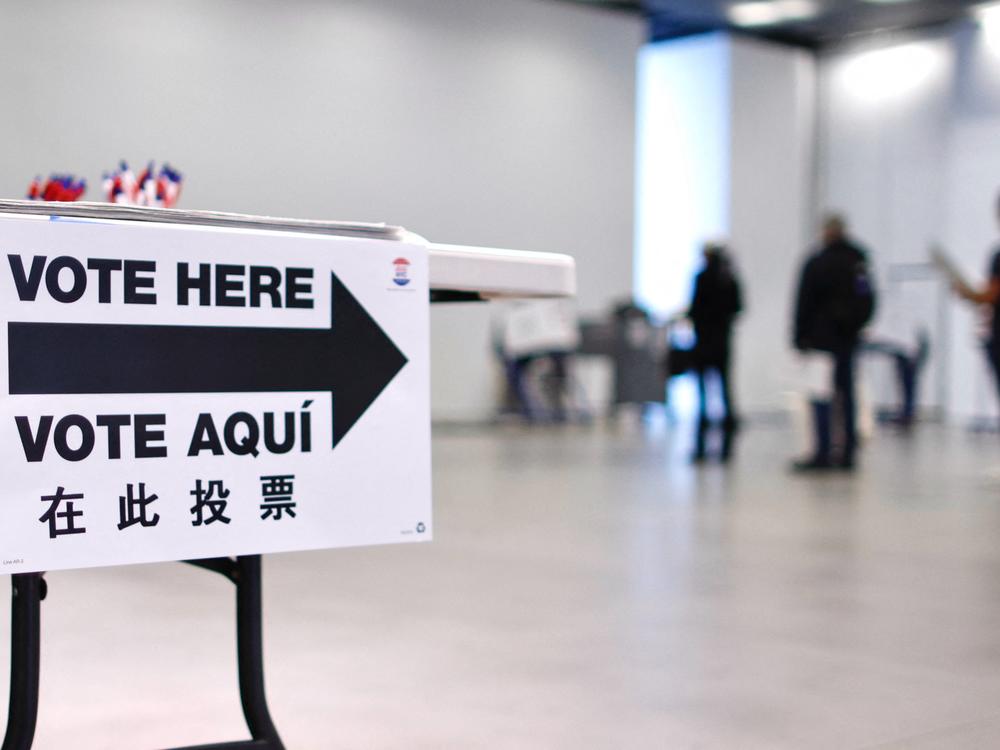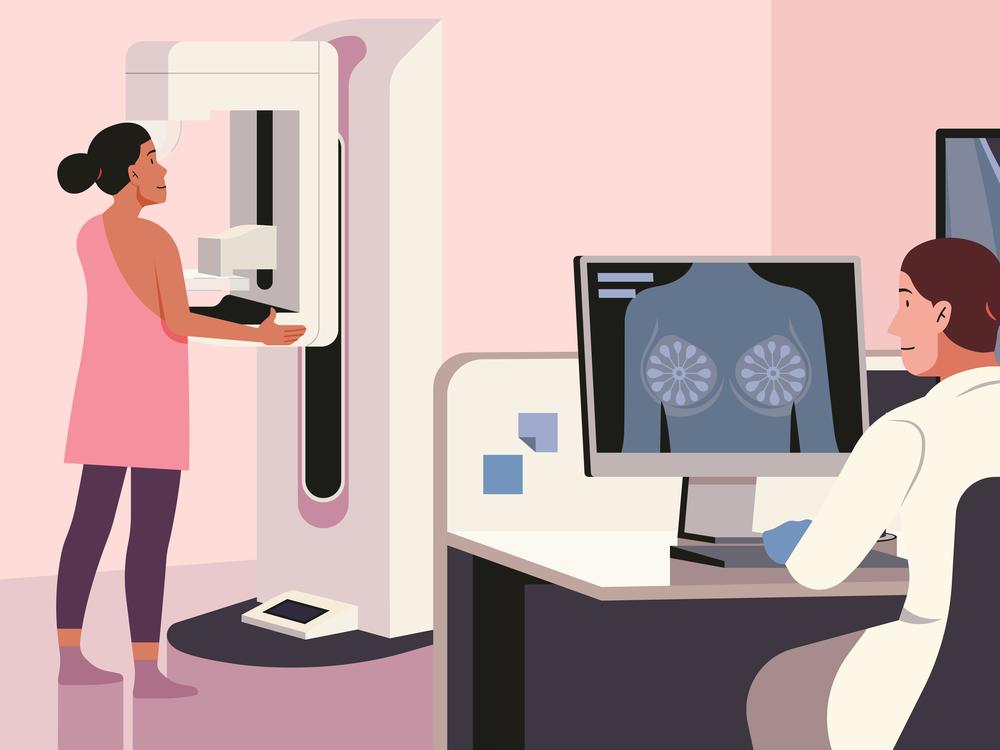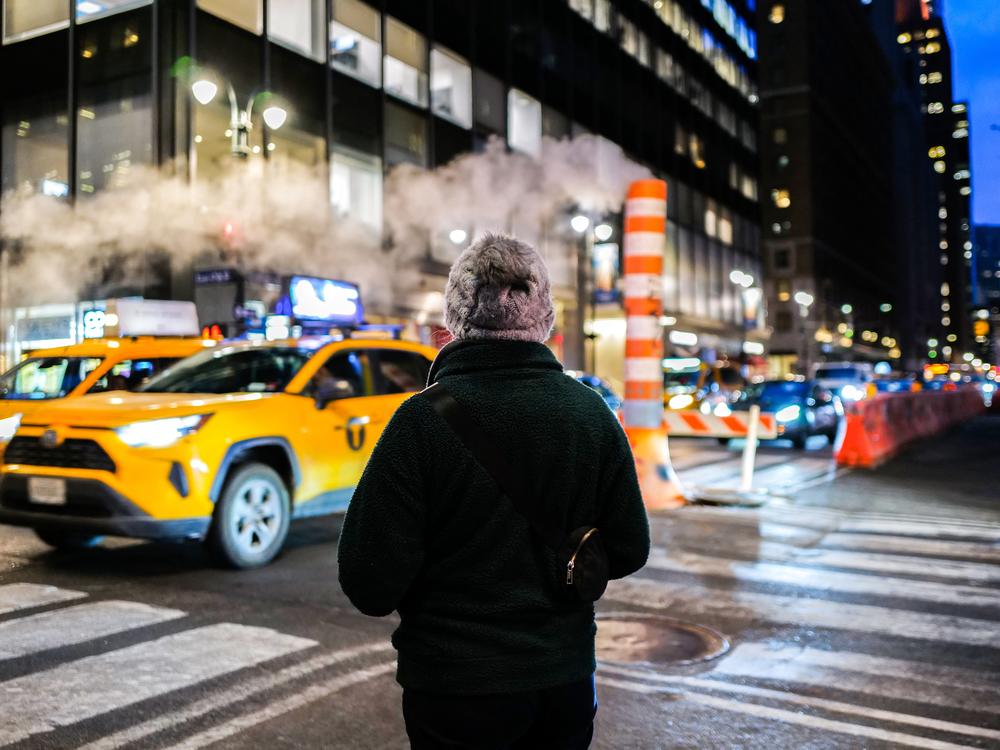Section Branding
Header Content
Debunking voter fraud conspiracy theories. And, presidential power over abortion
Primary Content
Good morning. You're reading the Up First newsletter. Subscribe here to get it delivered to your inbox, and listen to the Up First podcast for all the news you need to start your day.
Today's top stories
Conspiracy theories about election fraud have lit up social media as Election Day is less than a week away and millions of Americans have already cast their ballots. There are massive efforts to collect suspicious incidents and frame them as a coordinated effort to steal the election. The "Election Integrity Community" on X is one hub for these efforts. The community is set up by the social media site's owner Elon Musk's super PAC and invites users to "share potential incidents of voter fraud or irregularities you see while voting in the 2024 election."
- 🎧 Trump supporters are collecting evidence of voter fraud in an effort to safeguard the vote, NPR’s Huo Jingnan tells Up First. The online evidence gathering involves a lot of first-person accounts of people running into mistakes or things they didn’t expect. A big narrative of this election is that noncitizens are voting in large numbers. “To be clear there have been incidents of noncitizens voting illegally, but it happens in very small numbers and there is no sign that it has affected election results,” Jingnan says. This builds an impression that voter fraud is happening everywhere when in fact it’s very rare.
Nearly 40% of women under the age of 30 cite abortion as a top issue in this election. Abortion access will be directly on the ballot in 10 states next week. Vice President Harris has stated that if she is elected, she will restore reproductive freedom and sign a bill that enshrines the right to an abortion. In contrast, former President Donald Trump and his allies have discussed the possibility of implementing national abortion limits often referred to as a minimum national standard. However, Trump rolled that back on the campaign trail weeks ago, saying he would veto a federal abortion ban.
- 🎧 Harris wouldn’t be able to expand abortion rights alone. She needs Congress’ support, NPR’s Elissa Nadworny says. Even if she could get something passed, she would face legal challenges and a now conservative Supreme Court. If Trump became president, he could limit abortion by enforcing an anti-obscenity law called the Comstock Act. It could be used to criminalize abortion by banning abortion pills and medical instruments needed for the procedure. Once in office, a president could use executive authority to strengthen privacy laws to protect women from prosecution. In contrast, the president could create abortion tracking requirements.
A series of Facebook ads seemingly advocating for Harris are actually spreading misinformation about her current policy positions in an attempt to mislead voters. These ads, which have been viewed millions of times in swing states, are posted by an account called “Progress 2028,” which suggests a liberal counterpart to the Heritage Foundation’s Project 2025. The ads claim that Harris intends to implement a mandatory gun buyback program, provide Medicare benefits and driver’s licenses to undocumented immigrants and ban fracking. Funding for these ads comes from a dark money group backed by Musk and others, according to the campaign tracking site Open Secrets.
Today's listen
The Amazon River, the largest river in the world’s biggest rainforest, is facing significant challenges. It's seen its lowest water levels in over 100 years due to a prolonged drought. This situation affects not only the river itself but also the wildlife and the people who rely on its water. NPR’s Carrie Kahn visited one of the Amazon's most impacted regions and spoke with local residents who are experiencing the effects of the drought firsthand.
- 🎧 Listen to how people are impacted by these challenges, what could be next for the river and the sounds of wildlife from the area.
Life advice
October is Breast Cancer Awareness Month, an annual health campaign that promotes the screening and prevention of breast cancer. This is an excellent time to learn when and how often you should be checked for this disease. Thanks to improved screening and treatment options, breast cancer deaths have decreased by approximately 40% over the past three decades. Here’s what you need to know about detection and screening.
- 🎗️ Anyone with breast tissue can get breast cancer.
- 🎗️ Breast cancer risk increases with age, along with factors such as family history, specific genetic mutations, dense breast tissue and alcohol consumption.
- 🎗️ Get to know your breasts. Changes like new lumps, dimpling of the skin around your breasts and unusual nipple discharge or bleeding can be cause for concern.
3 things to know before you go
- Jaywalking has officially become legal in New York City. This comes after the NYPD faced criticism for unfairly targeting Black and Hispanic New Yorkers.
- Markings known as “witches marks,” which are believed to protect against witches or evil spirits, have been found carved into the walls of a historic medieval manor in England.
- Starbucks’s new CEO ordered big changes for the chain yesterday including drinks being ready in four minutes or less, no upcharges for non-dairy milk, the return of the condiment bar and more. This comes as sales in the U.S. have fallen for months.
This newsletter was edited by Suzanne Nuyen.




